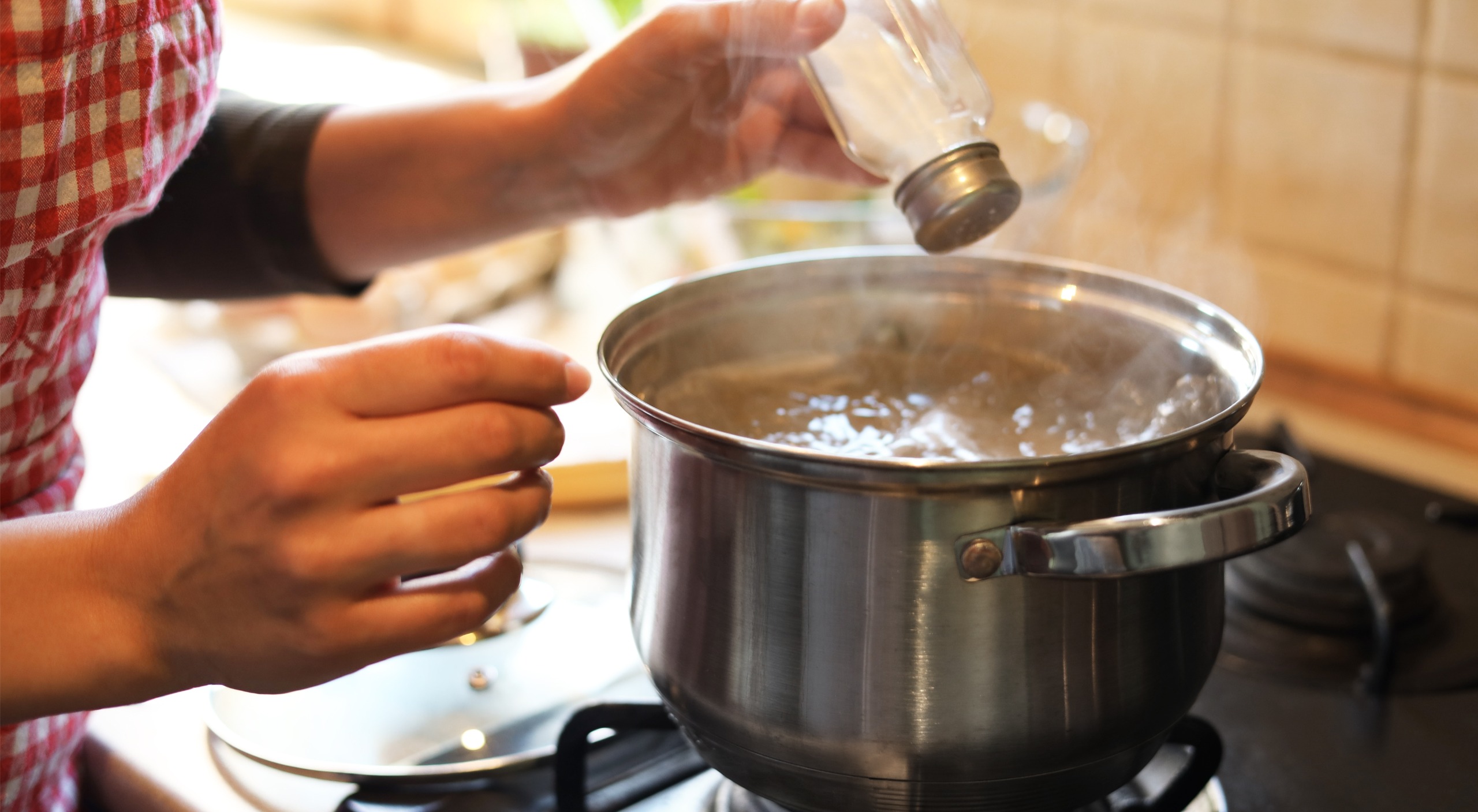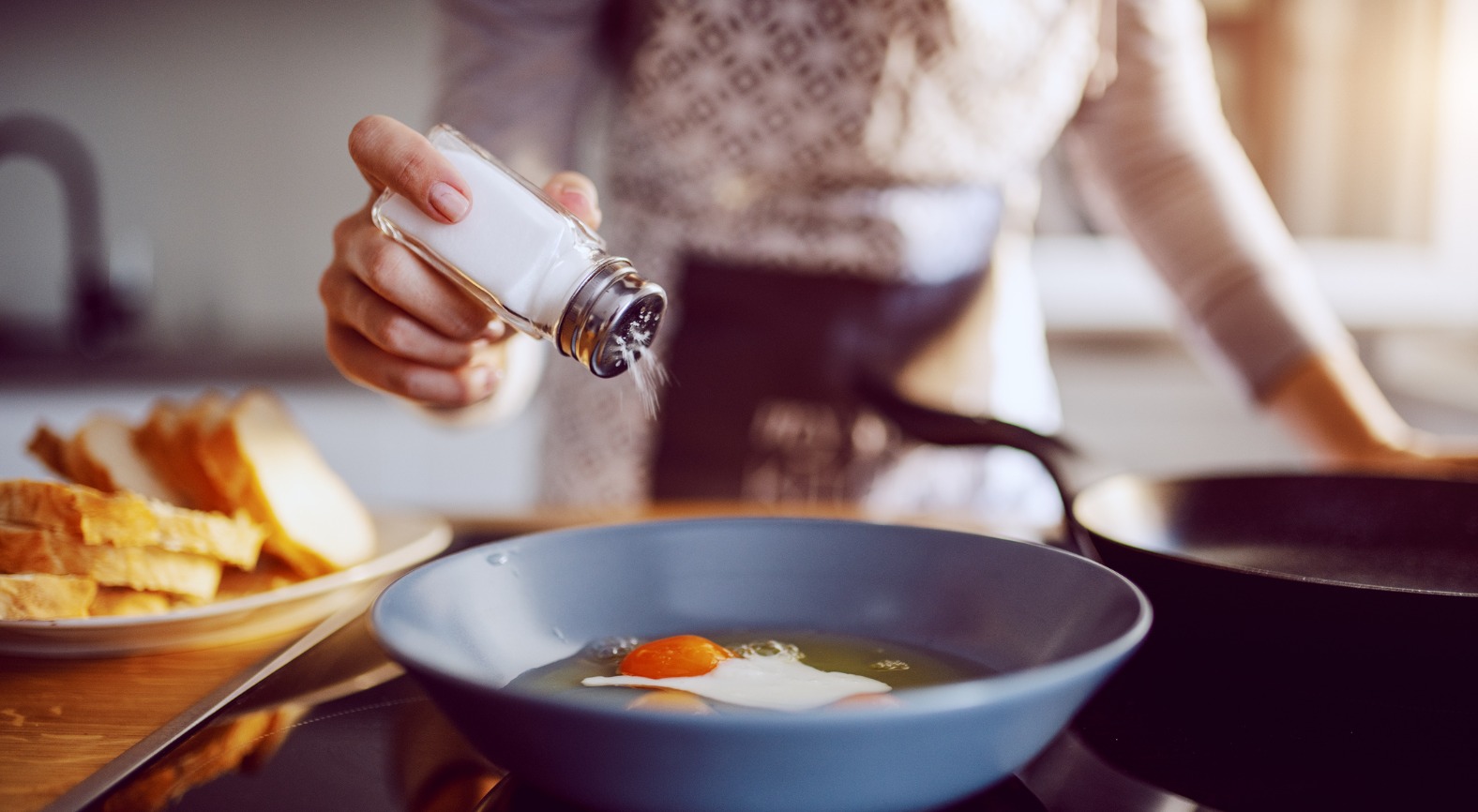A healthy diet is the cornerstone of your well-being. However, for people with certain medical conditions like kidney disease or hypertension, a low-potassium diet may be necessary to keep the body functioning properly. While potassium is good for most people, it can be problematic for those with kidney issues or hypertension. The Kidney and Hypertension Center aims to highlight the importance of a low-potassium diet in such conditions, offering insights and practical tips for managing your potassium levels.
Why Is a Low-potassium Diet Important?
Potassium is a mineral the body relies on for a multitude of functions, including nerve transmission and fluid balance. However, in individuals with compromised kidney health or those managing hypertension, high potassium levels may cause complications. When kidneys are not functioning optimally, they struggle to filter out excess potassium, leading to an elevated potassium level in the blood, a condition known as hyperkalemia.
High potassium levels can affect heart rhythm, potentially leading to fatal consequences. Similarly, an increased potassium intake may worsen hypertension. Thus, adhering to a low-potassium diet becomes vital in these scenarios. In the following sections, we delve deeper into the role of a low-potassium diet in kidney health and managing hypertension.
Kidney Health
The kidneys serve as the primary filter for potassium in the body, and when they are not working as they should, it is essential to reduce the intake of high-potassium foods. A low-potassium diet helps lower the potassium levels in the blood and prevents further damage to the kidney. Those on dialysis, for example, should carefully monitor their potassium levels and restrict foods high in potassium.
Managing Hypertension
Hypertension is a common condition, and those managing it must be aware of the food they consume. Potassium-rich foods like bananas, potatoes, orange juice, and other fruits can raise blood pressure levels. Even though many of these are healthy foods, people with hypertension should avoid them to maintain their health. A low-potassium diet helps reduce blood pressure, especially when combined with other lifestyle modifications like quitting smoking and keeping active.
It is important to note that a low-potassium diet shouldn’t be taken as a blanket statement. Everyone’s body is different, so it is imperative to consult your physician and have them monitor your specific potassium levels regularly. The goal of the diet should be to keep the level within the normal range with minimal restrictions. Having a diet that’s too low in potassium can cause its own set of problems, so it is essential to find the right balance.
What to Eat on a Low Potassium Diet
As you shift towards a low-potassium diet, it is essential to be mindful of the foods you’re eating. While some potassium-rich foods must be avoided, several alternatives can provide the nutrition your body needs without putting too much stress on your kidneys. To help you make healthier food choices, we have listed the following foods to include and avoid in your low-potassium diet.
Foods to Include in Your Diet
Choosing low-potassium foods for your meals is a key step in managing your potassium levels. These options are generally safe to include in a low-potassium diet, but as always, it’s best to consult with your healthcare provider or dietitian to ensure these choices are right for your specific needs.
- Apples and apple juice
- Berries, including strawberries, blueberries, and raspberries
- Cabbage
- Carrots
- Grapes and grape juice
- Green beans
- Lettuce
- Rice (white or wild)
- Pasta (not whole grain)
- Bread (white or wheat)
- Chicken or turkey (skinless and non-fried)
Foods To Avoid
Potassium-rich foods should be avoided in a low-potassium diet. These high-potassium options can cause complications for those with kidney disease or hypertension, so it is best to stay away from them. Foods to avoid on a low-potassium diet include:
- Bananas and banana juice
- Dates, figs, and raisins
- Oranges and orange juice
- Potatoes
- Spinach
- Tomatoes and tomato sauces
- Beet greens
Tips for Maintaining a Low Potassium Diet
Adhering to a diet low in potassium is easier said than done, but it can be manageable with the right strategies and tips. The transition may initially seem challenging due to the dietary restrictions. However, careful planning and understanding of potassium content in various foods can help. The following tips may assist you in maintaining a low-potassium diet without compromising your nutritional needs.
Reading Food Labels
Understanding food labels is a crucial step in maintaining a low-potassium diet. Most packaged foods have a nutritional breakdown that includes potassium content. It’s essential to read these labels and opt for low-potassium items. Keep in mind that terms like “low sodium” or “low sugar” don’t automatically imply “low potassium.” Therefore, always check the nutritional information to ensure you’re making the right choice. Remember, maintaining a balanced diet while managing your potassium intake is key to preserving your overall health.
Keep a Food Diary
Maintaining a food diary is an effective way to ensure you’re consuming the right amount of potassium. Logging your meals and snacks can help you track your daily intake and keep the intake within healthy limits. A food diary also allows you to explore different low-potassium foods, which could potentially be more delicious than those higher in potassium.
Plan Your Meals Ahead
Having a meal plan can make it easier to stick to the right foods and prevent temptation. Take some time out of your day to plan meals and ensure all ingredients are low in potassium. You may also opt for food delivery services that have options suitable for a diet low in potassium. Planning meals also makes grocery shopping easier since you’ll know what ingredients you need.
Learn To Substitute
Some of your favorite meals may need to be tweaked slightly for your diet. For example, if you’re used to having oatmeal with bananas for breakfast, opt for rolled oats instead. The same goes for lunch and dinner — explore different options that provide the same nutritional benefits without the added potassium.
Talk to a Specialist at KHC
At KHC, our specialists are dedicated to providing personalized care to optimize your kidney function and help manage your hypertension. We understand the importance of diet in managing these conditions, and our team is here to assist you in creating a comprehensive low-potassium meal plan tailored to your specific needs and lifestyle. We are committed to helping you navigate your health journey, making it as smooth and manageable as possible. Book an appointment with us today and take the first step towards better kidney health.




